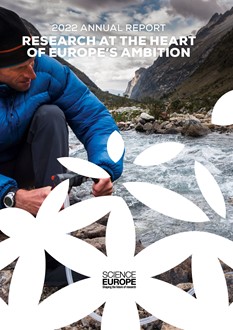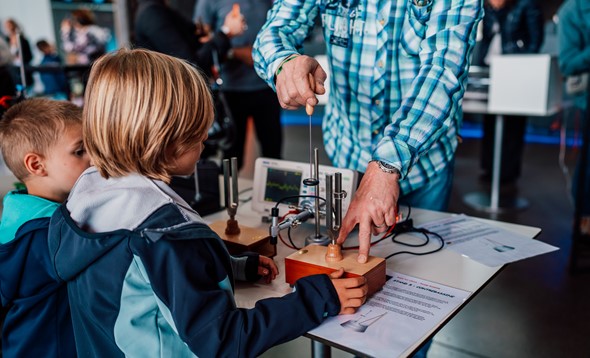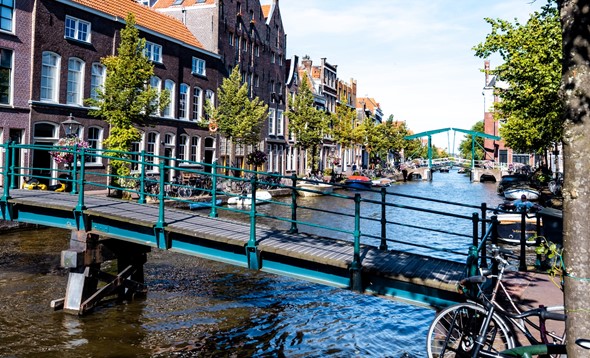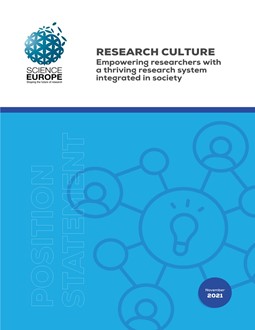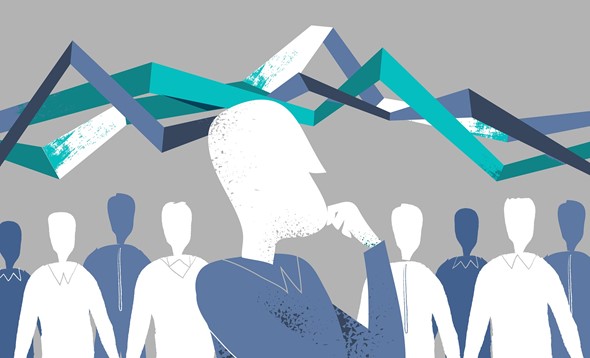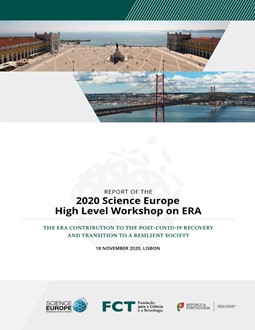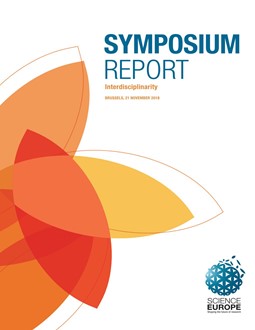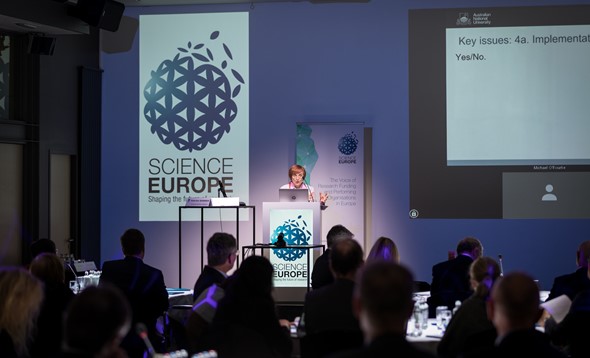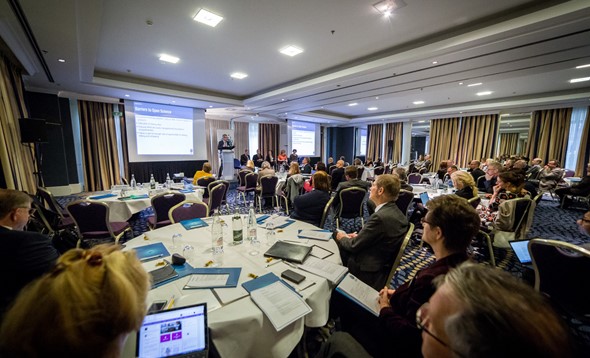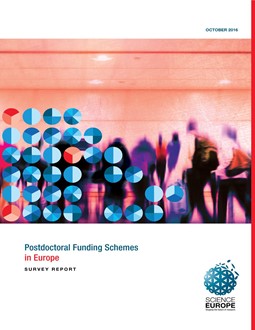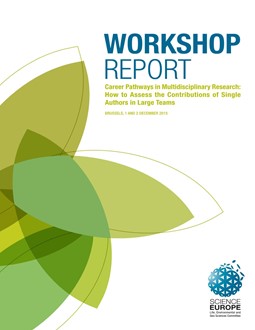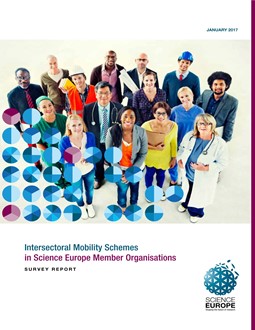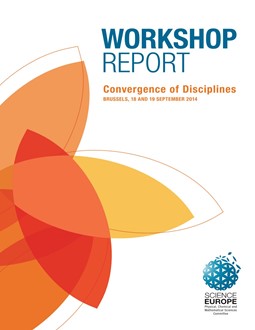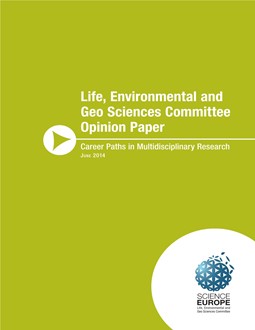This workshop was convened by the Science Europe Scientific Committee for Physical, Chemical, and Mathematical Sciences to explore issues surrounding the concept of ‘convergence’ and its potential relevance to, and implications for, research funding organisations and research performing organisations in Europe. The aim of this exploratory workshop was to provide a forum for debate and discussion, rather than to arrive at specific conclusions or formulate policy recommendations. The workshop, attended by some 45 delegates, took the following format: four keynote speakers with expertise relevant to the topic of convergence gave presentations, followed by three short interventions. Delegates were then split into three groups which sat in parallel to explore the areas of governance, tools and infrastructures, and training and careers. Again this was followed by an open discussion.






